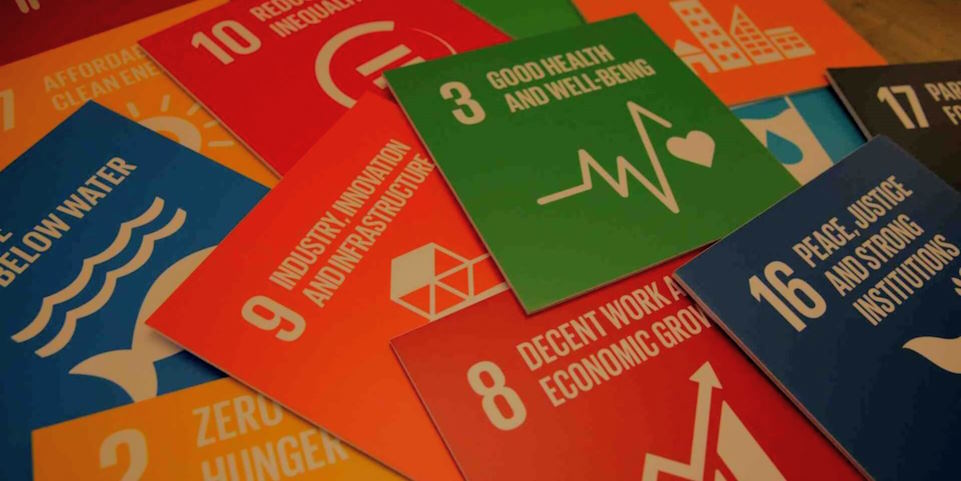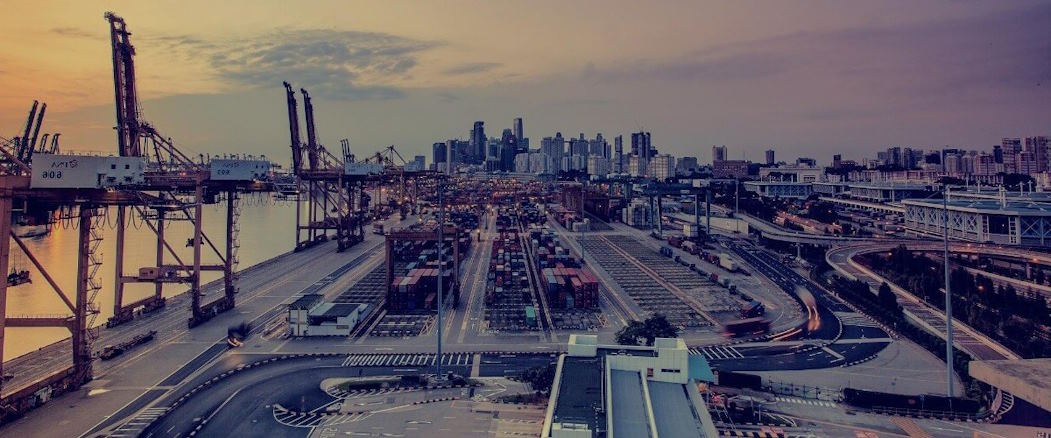In an era of global interdependence, economic cooperation between Europe, Africa, and Asia presents a significant avenue for advancing the United Nations’ Sustainable Development Goals (SDGs). These goals serve as a blueprint for a sustainable future, encompassing social, economic, and environmental dimensions. Collaborative efforts among these continents hold the potential to tackle pressing challenges, including poverty, inequality, and environmental degradation.
Addressing Poverty and Inequality
Economic cooperation can significantly contribute to the SDGs’ target of eradicating poverty and reducing inequality. Africa, home to a substantial portion of the world’s impoverished population, can benefit from increased trade and investment flows from Europe and Asia. These inflows can fuel economic growth, create employment opportunities, and uplift communities.
Partnerships to enhance education, skills development, and access to healthcare can empower individuals and communities, reducing disparities. By leveraging resources and expertise from Europe and Asia, joint initiatives can foster inclusive growth, ensuring that economic benefits are equitably distributed.

Promoting Environmental Sustainability
Collaboration among the three continents can be pivotal in addressing environmental challenges, a core aspect of the SDGs. Sustainable development requires a collective commitment to preserving natural resources and mitigating climate change.
Technology transfer and knowledge sharing from Europe and Asia can support Africa’s transition to cleaner and more sustainable energy sources. Investments in renewable energy projects and sustainable agricultural practices can mitigate environmental degradation while promoting economic growth.
Fostering Innovation and Infrastructure
Infrastructure development and technological innovation are essential to economic cooperation aligned with the SDGs. Investments in transportation, communication, and digital connectivity sectors can enhance economic productivity and promote inclusive development.
European expertise in advanced technologies and Asian innovation hubs can facilitate the transfer of knowledge and skills to Africa, contributing to the development of robust and efficient infrastructure. Collaborative projects can enhance connectivity, enable e-commerce, and bridge the digital divide.
Challenges and Opportunities
While fostering innovation and infrastructure is crucial, there are challenges to consider. The digital divide, particularly in parts of Africa, underscores the importance of equitable access to technology and digital education. Collaborative efforts can address these challenges and ensure that the benefits of innovation are widespread.

Ensuring Inclusive Partnerships
The SDGs emphasize the importance of global partnerships to achieve common goals. Economic cooperation among Europe, Africa, and Asia underscores the significance of inclusive partnerships that consider each continent’s unique strengths, challenges, and aspirations.
By embracing diverse perspectives and involving governments, businesses, civil society, and international organizations, these partnerships can harness collective wisdom to drive sustainable development. Open dialogue and joint decision-making can lead to effective strategies holistically addressing complex challenges.
Envisioning a Shared Future
Economic cooperation among Europe, Africa, and Asia transcends mere financial transactions; it embodies a commitment to shaping a shared future. As these continents collaborate to achieve the SDGs, they set a precedent for international cooperation rooted in a vision of prosperity, equity, and environmental stewardship.
The journey towards sustainable development requires concerted efforts, bold actions, and cross-continental solidarity. By harnessing the potential of economic cooperation, Europe, Africa, and Asia can contribute significantly to a world that thrives while leaving no one behind and preserving the planet for generations to come.









